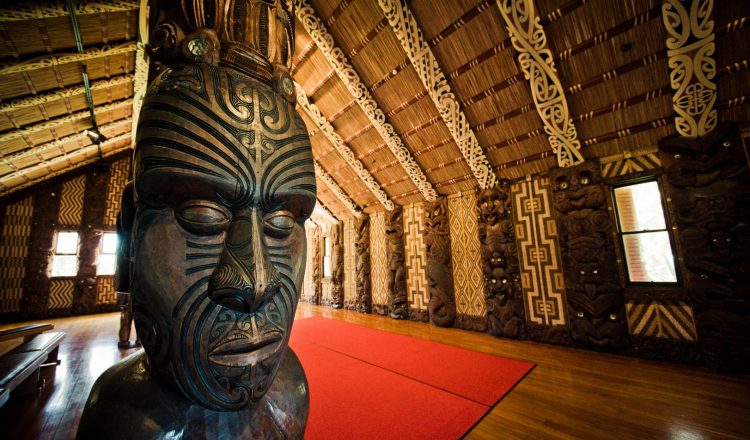Tikanga
Tikanga is a concept that the Maori believe has existed since the dawn of time. It is a series of rules and customs within Maori culture that shows them how to live a good life in connection to the spirits, the land and their ancestors.
Although it may have appeared from a spiritual source, Tikanga functions as a social constitution within each iwi and more generally throughout Maori culture. Each iwi may have a different set of customs and ethics that define their Tikanga, but they respect it as the truth for the individual tribe. This is because Tikanga came from the past and Maori recognise that the past was different for different iwi, so shouldn’t be judged as wrong.
Tikanga Today
Tikanga comes from the past, but it is moving toward the future. As the global understanding of morality and ethics has adjusted, so has Tikanga and exposure of the Maori to other cultures and ideas have shaped it into its current form. With New Zealand being such a cultural melting pot, Tikanga has been affected in some ways by Western and Eastern ideas and philosophy, along with Judeo-Christian values.
Tikanga became a mainstream concept for many New Zealanders during the 1980s, as the government began to apply it to Law. These laws usually concern sustainability and resource management, as the treatment of the land plays a big part in Tikanga. However, the government also apply protocols and ethics within the system to legal matters regarding morality and justice. The consideration of Tikanga within government legislation shows the progressive cultural identity of New Zealand and its dedication to diversity.
Tikanga and Manners
Tikanga also encompasses etiquette and behaviour, which is something that affects the day to day life of Kiwis. These manners are important to remember to show respect for Maori and Kiwi culture as a whole.
Here are some examples:
- Avoid touching people’s heads; the head is regarded as sacred by the Maori.
- Don’t sit on tables or pillows. It is seen as unhygienic, especially if there is food present. You should also not put your bag or hat on a table for the same reason, put them on the floor or a chair instead.
- Do not pass food over a person’s head. Similar to the first rule, both food and the head are considered sacred in Maori culture. The Maori use food in a ceremonial context, as a welcome, ritual or to build rapport.
- Avoid entering or going across a room whilst someone is speaking, especially if that person is an authority figure. If you have to go inside, make sure to stay quiet and do not walk in front of the speaker. Speeches or Mihi have a very particular hierarchy and to interrupt would be seen as disrespectful.

















































